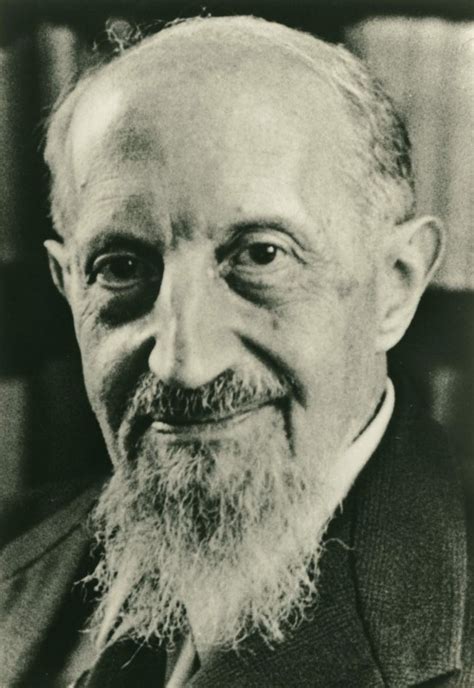A Quote by Roberto Assagioli
Through its influence upon the unconscious, music can have a specific healing effect. It can help in eliminating repressions and resistances, and it can bring into the field of waking consciousness many drives, emotions and complexes which were creating difficulties in the unconscious.
Related Quotes
The collective unconscious appears to consist of mythological motifs or primordial images, for which reason the myths of all nations are its real exponents. In fact the whole of mythology could be taken as a sort of projection of the collective unconscious. We can see this most clearly if we look at the heavenly constellations, whose originally chaotic forms are organized through the projection of images. This explains the influence of the stars as asserted by astrologers. These influences are nothing but unconscious instrospective perceptions of the collective unconscious.
The themes that run through all my work are that consciousness is the ultimate reality; and that by understanding consciousness, you understand everything about yourself, about perception, about creativity, about behavior, about relationships. By understanding consciousness, you have the ability to create anything in your world. And you have the ability to influence also the collective consciousness to not only bring about personal healing, but social transformation, and ultimately healing our planet, which happens to be extremely wounded.
So let us decide whether you want a shelter, a safety zone, which will no longer yield conflict, whether you want to escape from the present conflict to enter a condition in which there shall be no conflict; or whether you are unaware, unconscious of this conflict in which you exist. If you are unconscious of the conflict, that is, the battle that is taking place between that self and the environment, if you are unconscious of that battle, then why do you seek further remedies? Remain unconscious.
The term "self" seems a suitable one for the unconscious substrate whose actual exponent in consciousness is the ego. The ego stands to the self as the moved to the mover, or as object to subject, because the determining factors that radiate outward from the self surround the ego on all sides and are therefore supraordinate to it. The self, like the unconscious, as an a priori existent out of which the ego evolves. It is, so to speak, an unconscious prefiguration of the ego. It is not I who create myself; rather, I happen to myself.
In the field of consciousness research-and also in physics and astronomy-we are breaking past the cause-and-effect, mechanistic way of interpreting things. In the biological sciences, there is a vitalism coming in that goes much further toward positing a common universal consciousness of which our brain is simply an organ. Consciousness does not come from the brain. The brain is an organ of consciousness. It focuses consciousness and pulls it in and directs it through a time and space field. But the antecedent of that is the universal consciousness of which we are all just a part.
You have to learn to trust - and listen to - your unconscious mind. If you pose the question to your unconscious "is this person a friend or a foe" - safe or a threat - your unconscious mind is hard-wired to assess that brilliantly for you. It's just that we're not very good at paying attention to what our unconscious minds are telling us.
I feel that when a white child goes to school only with white children, unconsciously that child grows up in many instances devoid of a world perspective. There is an unconscious provincialism, and it can develop into an unconscious superiority complex just as a Negro develops an unconscious inferiority complex.
Music is, by far, the best art. Nothing even comes close. It's so immediate and emotional. In writing, maybe ninety percent of it is the unconscious and ten percent is control. In music, I think it's probably more like ninety-nine percent the unconscious. It's just a beautiful thing happening through you. And so, too, is writing a great story.
































